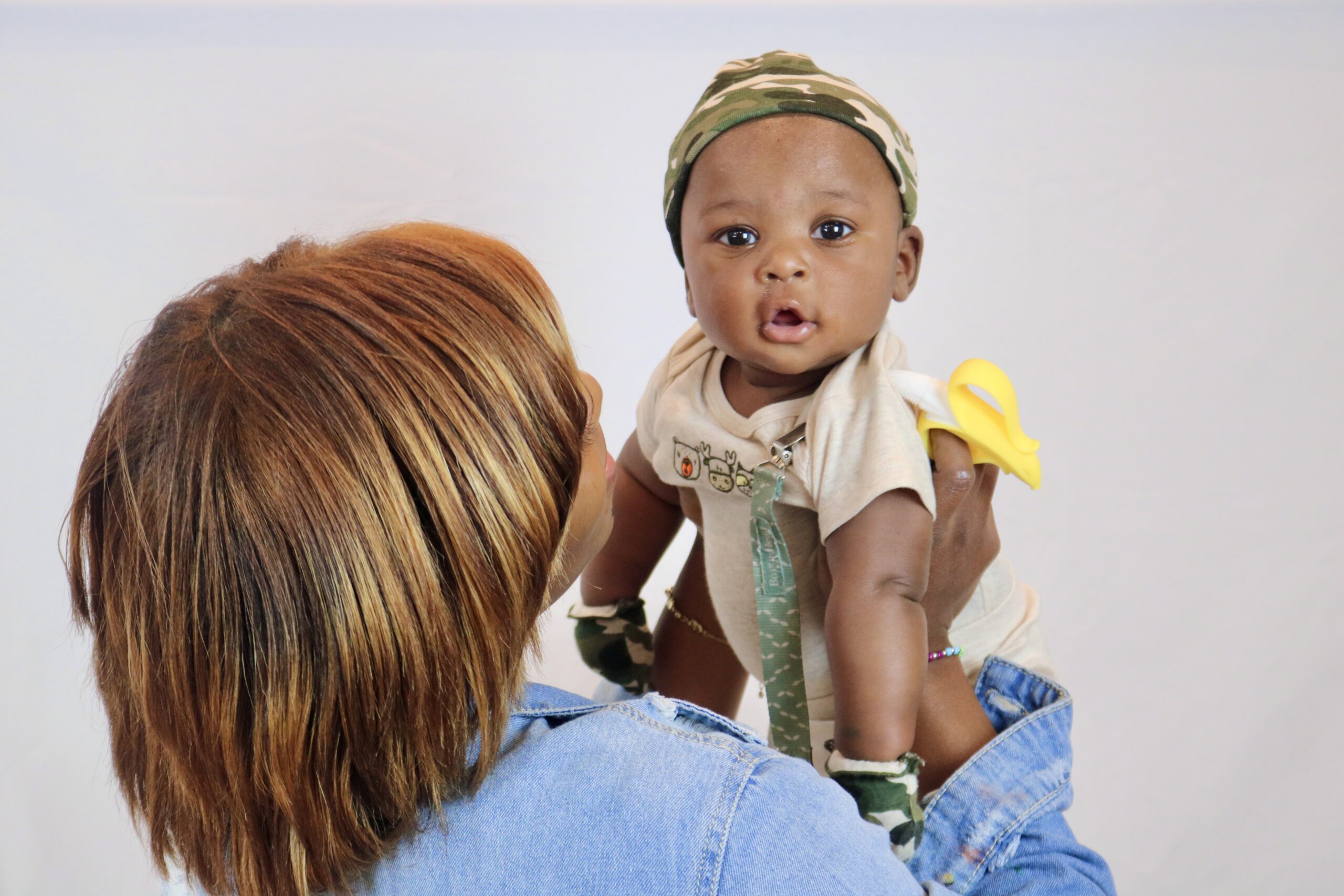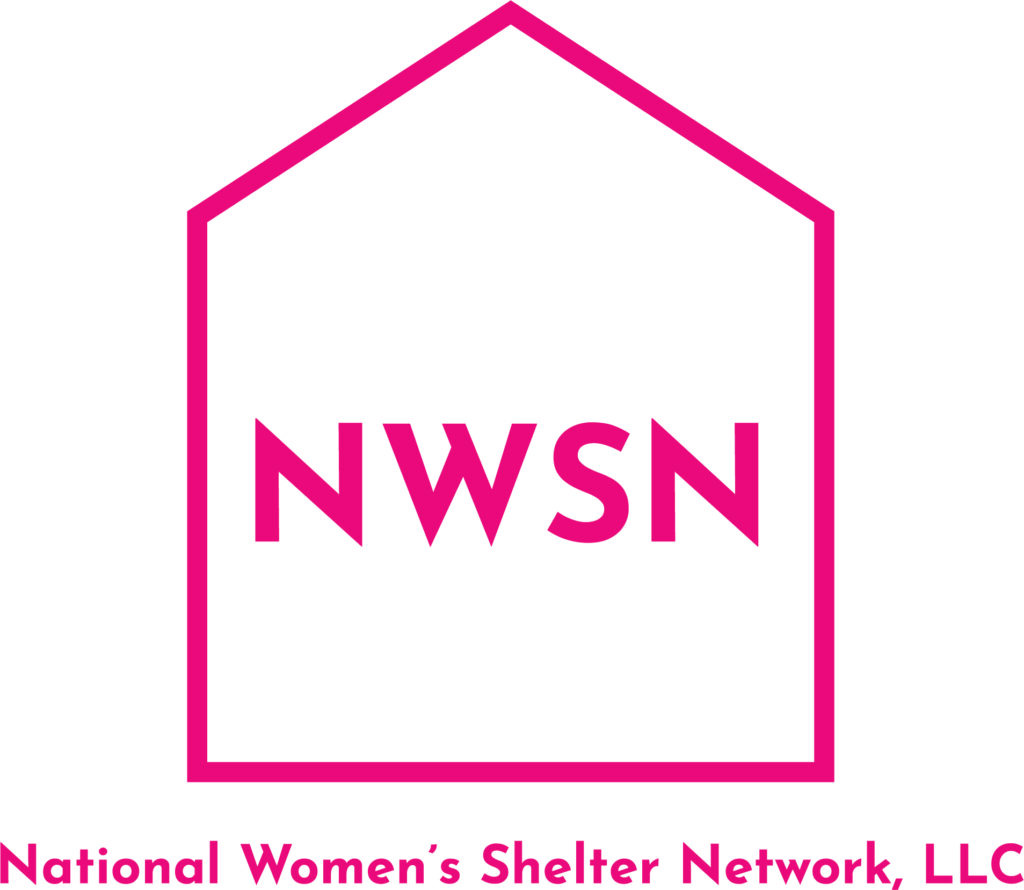
Research, Innovation & Advocacy
With our research, policy and public education initiatives, Lotus House is proud to lead service driven research to help raise awareness on the special needs of sheltered women and children, with a focus on those disproportionately impacted by racial, ethnic, gender and socio-economic inequities and further marginalized by homelessness.
Putting Children First
A New National Model that is designed around putting children first in each aspect of the shelter program design.
Gender Specific Needs
Women experiencing homelessness often have gender-specific needs, such as access to safe and secure shelter, childcare and specialized support for trauma.
Innovation Projects
With continuous evolution, we provide our guests access to state-of-the-art facilities and programs.
The National women's Shelter Network
A National Network of Women's Shelters with the goal information sharing, advocacy and ending homelessness.
Women's Equity Project
We advance the status of marginalized women and children experiencing homelessness and bring and end to homelessness.
Special Thanks to our Children’s First Program Funders: The Children’s Trust of Miami Dade County, Miami Dade County Homeless Trust, Miami Dade County
Lotus Village Children’s Wellness Center Innovation Project: A Portrait of Needs and Opportunities
2017
This report recommends a trauma-informed, therapeutic early care and education model for the “Children’s Wellness Center” at Lotus Village. It aims to empower homeless mothers and children by providing child and parent therapy, parenting education, and quality early care, integrated with wraparound services to break the cycle of homelessness.
Lotus House Service Driven Children's Research Project Executive Summary
November 2021
Lotus House conducted a comprehensive, service-driven research study to assess and treat developmental, mental health, and trauma-related issues in children, aiming to improve therapeutic outcomes and inform national policy. The study, which involved over 1,500 children and their mothers, found significant developmental delays and trauma among the sheltered children, leading to the development of tailored therapeutic interventions.
Lotus House Women’s Shelter Lead Agency in Service Driven Research Project A Model for Community Based Research
March 2021
Lotus House was invited to make a presentation on its community based research at the National Biennial Conference of the Society for Research in Child Development, and its poster presentation and handout were chosen by SRCD as “Winner of the “Best Reflects Policy Research.”
REDI Lens Research
2021
Lotus House conducted an intensive literary review of the cultural competence and sensitivity of clinical assessments and evidence based therapies for a new proposed service driven research project to implement and evaluate evidence-based practices that support early childhood development, well-being and school readiness within a high need community of children and families disproportionately affected by racial, ethnic, gender and social inequities and further marginalized by homelessness.
Addressing Mental Health and Trauma-Related Needs of Sheltered Children and Families with TF-CBT
June 2, 2022
Children raised in violent, abusive, neglectful, and stressful environments suffer adverse effects on their development and emotional well-being. Homeless children and families face additional challenges, leading to intergenerational trauma. Lotus House’s Early Childhood Research project has shown that evidence-based interventions for homeless families can reduce trauma and its impact. Learn more in the first official publication resulting from their research with Florida International University.
Early Assessment and Intervention for Families Experiencing Homelessness: A Randomized Trial Comparing Two Parenting Programs
December 8, 2020
The high special needs and compound stress experienced by homeless families make early intervention crucial. Lotus House and research partners conducted a community-based project to study externalizing behavior problems, trauma symptoms, and developmental status of homeless children. Child Parent Psychotherapy (CPP) and Parent Child Interaction Therapy (PCIT) were effective treatments for this vulnerable population, addressing various outcomes.
Lotus House Therapeutic Mother-Child Program Year IV Report
September 2021
Homelessness can negatively affect children’s development, mental health, and relationships. Lotus House offers trauma-informed, therapeutic early care through its Therapeutic Mother-Child Program. The Year IV report presents four years of data, evaluating program implementation, staff attrition, and the impact of the Covid-19 pandemic on the program. The report highlights the services provided to improve child mental health and assess the well-being of homeless mothers and children.
Initial Promise of Child-Parent Psychotherapy in Reducing Stress and Postpartum Depression Among Mothers Experiencing Homelessness
August 2024
Mothers experiencing homelessness undergo significant stressors in addition to parenting stress, yet the rate andtreatment of postpartum depression (PPD) within this population has yet to be explored. We assessed the risk for PPD and examined the changes in PDD and parenting stress following engagement in treatment.
Lotus House Prenatal and Early Childhood Research Project Annual Research and Evaluation Report
December 2024
The Children First – Lotus House Prenatal and Early Childhood Development Research Project utilizes a community-academic partnership to implement and evaluate an intervention to provide evidence-based therapeutic practices to support early childhood development, well-being, and school readiness within Lotus House shelter.
Parenting Challenges Among Families Experiencing Homelessness with Children with and without Externalizing Behavior Problems
December 2024
High levels of parenting stress and negative parent-child interactions within a homeless shelter sample are exacerbated by having a child with EBP. Embedding universal parenting programs in a homeless shelter setting to reduce parenting stress would be valuable to address health disparities in this vulnerable population.
Women's Gender Specific Needs
Causes of Contemporary Homelessness And Meaningful Solutions To Its End
February 3, 2016
As the number of women and children experiencing homelessness rises in our community, understanding the root causes of homelessness is imperative to creating long-lasting and meaningful solutions to solving and preventing homelessness.
A Culture of Care: How Lotus House heals guests
May 6, 2021
Lotus House sponsored research of the experiences of sheltered women with Dr. Asia Eaton of Florida International University, resulting in the publication of a manuscript entitled “A culture of care: How Lotus House Women’s Shelter heals program participants through genuineness, space, high expectations, dignity, individualized attention, and community” in the Journal of Community Psychology.
Pandemic Impacts at the Intersection of Domestic Violence and Homelessness
Lotus House issued a report on the “Pandemic Impacts at the Intersection of Domestic Violence and Homelessness”, that was provided to the Domestic Violence Oversight Board, County Mayor and Commissioners, and other stakeholders in the domestic violence field, discussing the impact of the COVID-19 pandemic on women, homelessness, and Lotus House.
Gender Biases in Neighborhood Development
May 7, 2022
In collaboration with the Lotus House, the Human Rights Clinic of the University of Miami School of Law, drafted a report on the Gender Biases in Neighborhood Development. This report analyzes the human rights impacted by U.S. housing policies, focusing on the above-mentioned issues, and will provide recommendations on addressing violations.
Migrant Women in the United States Addressing Service Gaps
July 2023
In collaboration with the Lotus House Women’s Shelter, the Human Rights Clinic of the University of Miami School of Law, drafted a report on Migrant Women in the United States: Addressing Service Gaps. With the current influx of migration and asylum seekers in the United States, this report sheds light on the gaps in the system and services which lead to migrant women experiencing homelessness and their specific needs.
The Anti-Encampment Ordinance Will Exacerbate Homelessness and Unfairly Penalize Our Community’s Most Vulnerable Residents
Lotus House issued a policy paper opposing a proposed Anti-Encampment Ordinance, in Miami-Dade County, detailing how the criminalization of persons experiencing homelessness will not only exacerbate homelessness but how it unfairly penalizes our community’s most vulnerable residents. The policy paper was provided to the Commissioners, City of Miami Mayor and other stakeholders in the field of homelessness.
Gaps & Needs Report
May 9, 2020
Domestic violence is a major cause of homelessness, affecting over 80% of homeless mothers and children. To prevent chronic homelessness, policies and services should address domestic violence and trauma. Measures like trauma-informed housing, centralized information systems, frontline worker education, and community awareness campaigns can help break the cycle and reduce the link between domestic violence and homelessness.
The Impact of Inadequate Caregiving Support on Women’s Housing Stability
May 9, 2022
The Human Rights Clinic of the University of Miami School of Law collaborated with Lotus House to draft a report on the Impact of Inadequate Caregiving Support on Women’s Housing Stability. The report analyzes gaps in caregiving support, relevant human rights standards, and good practices for adoption in the U.S. and Florida.
Women’s Homelessness in the United States
Developed by the Human Rights Clinic of the University of Miami, in collaboration with the Lotus House Women’s Shelter, the following fact sheet presents the leading causes of homelessness among women, the right to housing under international law, and recommendations on how to address women’s homelessness across all levels of government.
Racial Justice Response to Homelessness
Developed by the Human Rights Clinic of the University of Miami, in collaboration with the Lotus House Women’s Shelter, the following fact sheet explores how the criminal justice system fails to address homelessness and how it has disproportionately affected Black people.
Health Equity Showcase
Reducing barriers to health provides significant reductions in homelessness, hospitalizations, increases housing stability, and improves wellbeing and mental health. This project ensured that the basic needs of program participants, such as shelter and access to health and mental health care, were met to foster independence and secure permanent housing. The priority focal population for this project were women, youth, and children 17+ years of age.
Homelessness in the LGBTQ+ Community in the United States
Developed by the Human Rights Clinic of the University of Miami, in collaboration with the Lotus House Women’s Shelter, the following fact sheet presents the causes of LGBTQ Homelessness and how the LGBTQ+ community disproportionately experiences homelessness.
Homelessness, Hunger, Food Insecurity and Health - A Pilot Study at the Lotus House Women’s Shelter, Miami, Florida (Lotus House)
In this study we taken a dive into food insecurity and health by asking our guests to conduct a survey about their experience prior to entering the shelter.

The National Women’s Shelter Network was created in 2021 to join forces to elevate voices of women with lived homeless experience from across the country; showcase best practices and innovation; conduct and share research and information’; offer training and capacity building; identify gaps and needs and developed informed public and social policy; raise public awareness and education; and advance solutions to end and prevent homelessness. Visit thenwsn.org to learn more on how you can support and join the network today!

Innovation Projects
The Farm at Lotus Village: Where Hope Blossoms
Homeless families face a higher risk of hunger and malnutrition. Lotus House’s “Farm” is an innovative urban garden and science lab that addresses this issue. It targets dietary inadequacies and hunger experienced by homeless children and families, providing an interactive learning environment to emphasize the importance of healthy nutrition.
The Studio at Lotus Village and Lotus Village Voices: Program Overview and Activities Manual
Homeless children carry heavy trauma, which adds to their vulnerability. Evidence-based, trauma-informed programming is crucial to address the associated cognitive and behavioral difficulties. Lotus House created the “Studio at Lotus Village,” an innovative arts program, to help heal trauma and provide stress reduction, mental health wellness, self-expression, and self-confidence for sheltered children and youth.

The Women’s Equity Project was created in 2021 to join forces to elevate voices of women with lived homeless experience from across the country; showcase best practices and innovation; conduct and share research and information’; offer training and capacity building; identify gaps and needs and developed informed public and social policy; raise public awareness and education; and advance solutions to end and prevent homelessness. Visit womensequityproject.org to learn more.

